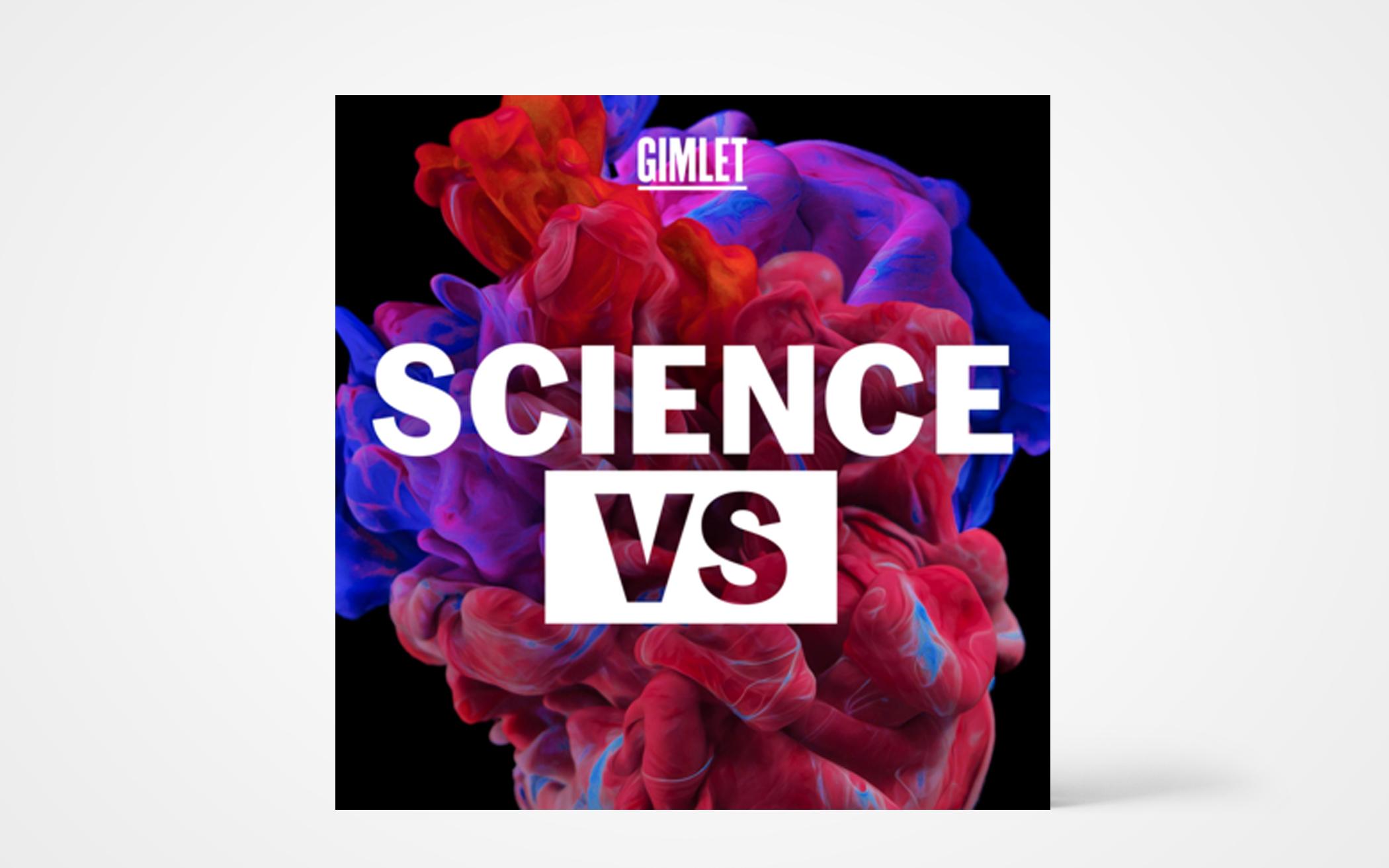“I do not feel obliged to believe that the same God who has endowed us with sense, reason, and intellect has intended us to forgo their use and by some other means to give us knowledge which we can attain by them.” —Galileo
Coronavirus. Police Violence. Vaccinations. Our world today is facing many complex challenges. The Science Vs podcast faces these challenges head on. The mission of the podcast is clear: “Science Vs takes on fads, trends, and the opinionated mob to find out what’s fact, what’s not, and what’s somewhere in between.” Host Wendy Zukerman is an Australian journalist who works hard to communicate science to non-scientists. She uses humor and clear language to help the listener follow the conversations she has with leading scientists. Zukerman is careful not to overstep the research but only offers conclusions that have evidence to support them. Seeking dramatic causes, clear villains, and concise solutions to our problems is unhelpful. But we can use the nuances, complexity, and uncertainty of science to take care of God’s beautiful yet fallen creation.
Science Vs is nuanced in its coverage of the coronavirus. As the world battles a global pandemic, Science Vs has adjusted its entire 2020 podcast season to address the coronavirus. Zukerman brings us into a scientific community working diligently to learn and adapt amid many external pressures. As new discoveries are made, scientists are quick to adjust their recommendations, acknowledging that new information needs new conclusions.
Science Vs unpacks the complexities of police violence. In the episode “Police Shootings: The Data and the Damage Done” (Nov. 21, 2019), Zukerman looks at the prevalence of police violence toward racial minorities. We quickly learn the limits of the data around police shootings but the robustness of data regarding the behavior of police during traffic stops. She goes on to explore whether body cameras and implicit bias training help police. Throughout the episode, what appears to be a clear issue of racism and violence that can be solved with cameras and implicit bias training becomes a complex issue of linguistics, body physiology, and police training methods.
Science Vs highlights the uncertainty implicit in any challenge we face. During a Sept. 14, 2017, episode, Zukerman asks “Vaccines, Are They Safe?” She explores the main claims from the anti-vaccine movement. While vaccines’ link to autism is carefully considered and then disproven, there is evidence that vaccines can cause seizures in a small percentage of children. We learn these seizures occur in children with a genetic predisposition to seizures and they are triggered by the fever from the vaccine. Zukerman concludes the episode by weighing the consequences of vaccines versus the consequences of the diseases they prevent. Scientists are careful to avoid making absolute claims, but they can confidently prove vaccines are saving children from debilitating and deadly diseases.
Christians must be careful not to idolize science and place it above God the creator himself. But we can still use science to understand the world around us. For those of us without a science background, Science Vs is a fun, well-balanced resource to help us understand many of the challenges we face. With the help of science, we can have the confidence to make informed decisions about the coronavirus, police violence, vaccines, and so much more. (Gimlet)
About the Author
Micah van Dijk is a popular music expert who speaks and writes to help audiences understand the impact popular music has on their faith and identity. www.micahvandijk.com

